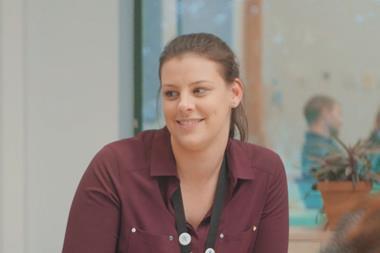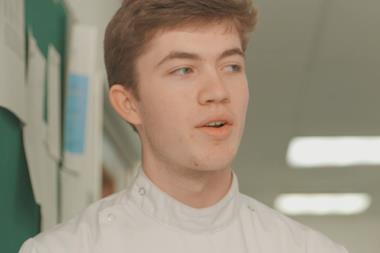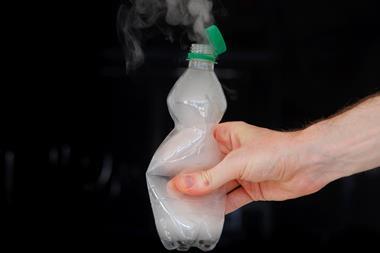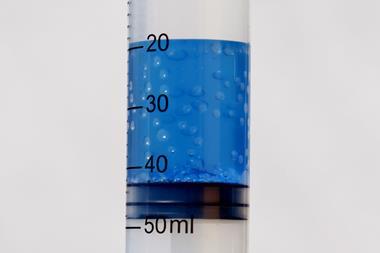-

- Salary range: £25–40k
- Minimum qualifications: Degree-level qualifications (including master’s). Apprenticeships are also available for those who want to learn on the job.
- Skills required: Analytical skills, technical skills, laboratory techniques, problem solving, communication skills, data analysis, teamwork.
- Training required: Training on how to use specialist laboratory equipment.
- Work–life balance: Working within a laboratory-based role will likely mean working structured, business hours.
- Career progression: There may be the opportunity to progress to senior and leadership roles.
- Locations: Find related work experience positions using our map of employers
- Find out more: Explore analytical chemists' roles in more detail
More profiles like Holly's
The chemistry I do, means that I can actually develop medicines that will make a life-changing difference.
I’m Holly, I’m an associate scientist that works for a global company called AstraZeneca. My job involves working with a range of different people to help with the development of making the medicines that we then give to patients.

So I’ve always loved chemistry from a young age. When I was in high school I competed in STEM competitions up and down the country. As part of one of the finals I met Professor Robert Winston, who is a TV scientist, and he inspired my passion even more.
My typical working day is mainly around the development of medicines and this involves dissolving compounds, which are the ingredients to make our medicines and understanding that process.
At work, I use a range of different skills which include team working, problem solving, analysing data but the main one is communication – being able to talk to different people.
I started at AstraZeneca through an apprenticeship scheme. This involves working at AstraZeneca alongside studying for my degree in chemical science. The apprenticeship scheme works for me because I’m quite a practical person. I learn from doing things, not necessarily sitting and learning from a textbook. So being able to go into the lab and work and understand how things work that way is a lot better for me.
What keeps me motivated in my work is the fact that in years to come when these medicines are actually delivered to the patients they’ll make a life-changing difference to them. That makes me feel wonderful because although I’m just one person in such a huge company, the difference that I do in my job can make a difference to the people who need it.
Want to know more?
- Overview of the science and pharmaceuticals sector - Prospects website.
- Working as a chemist - National Career Service.
First published 2020
























